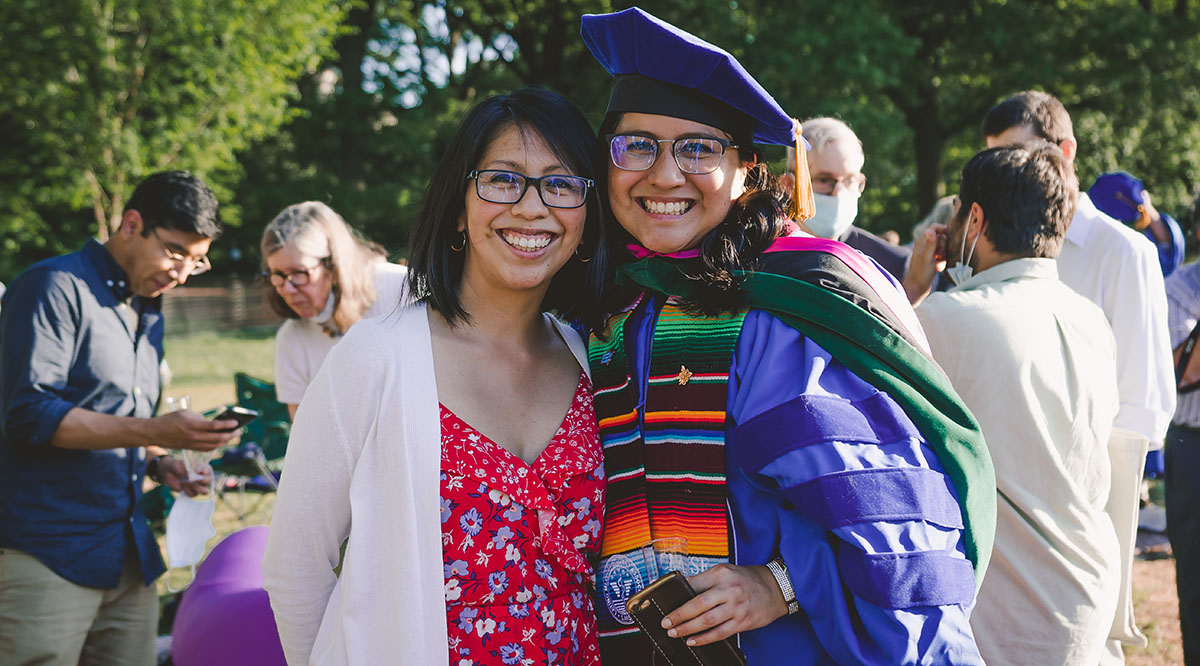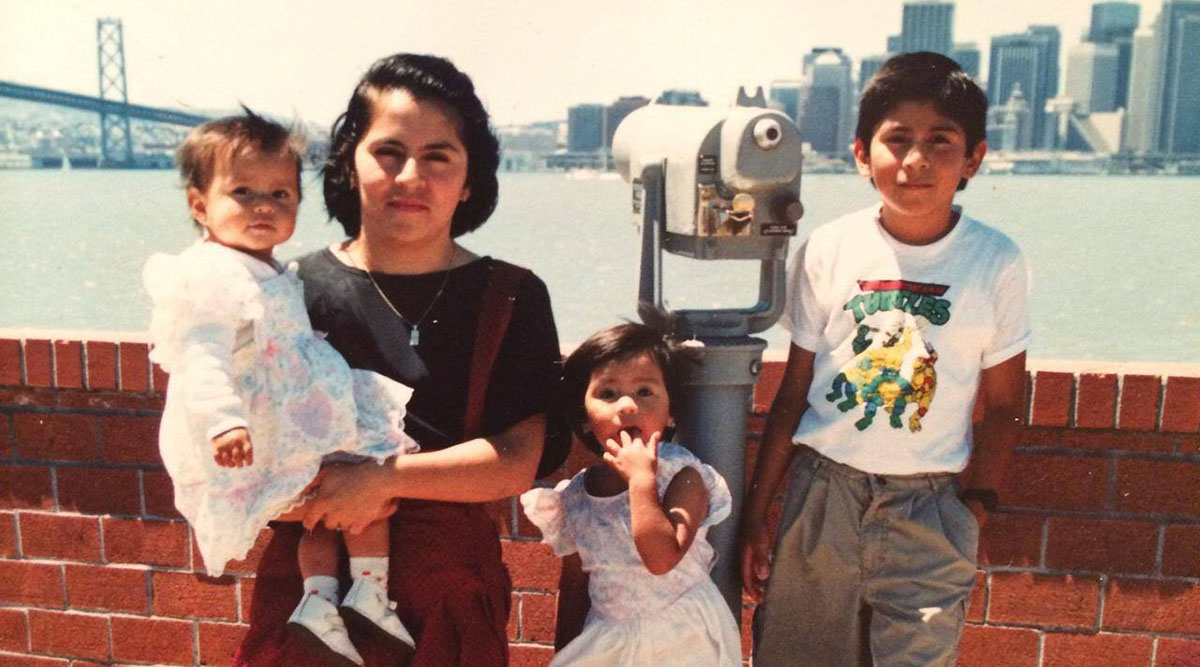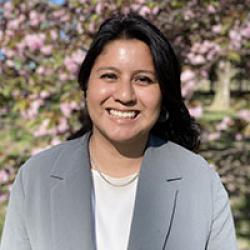
Editor's note: The opinions expressed by the author do not necessarily reflect the opinions of the AAMC or its members.
When COVID-19 was raging through nursing homes last year, my mother continued to go into work as a personal support worker in a long-term care facility in Toronto. My siblings and I urged her to take a leave from work to avoid exposure to the virus. She responded, “If everyone did that, there would be no one left to take care of those who are ill.”
To say that I love my mother is an understatement. The only emotion that parallels my love is the grief I feel living in a different country and not being able to see her.
I haven’t visited her in nearly 10 years because she lives in Canada and I live in the United States, where I am working as an emergency medicine resident at Boston Medical Center. I can’t leave the United States because of my status as a beneficiary of the Deferred Action for Childhood Arrivals (DACA) federal program, which provides some protections to undocumented immigrants who came to the United States as children.
There are many intricacies to my immigration story, but the short of it is that I immigrated to the United States from Mexico as an infant with my family. After living in the country as undocumented for over twenty years, it became difficult for my parents to find employment and health care. They eventually left the United States for Canada for a more secure life. There, my mother was able to receive urgent medical care that she needed.
Growing up in Fremont, California, I witnessed my community suffer without proper health care access. Family members delayed treatment for preventable diseases because of the steep bill that came with a doctor’s visit. I had never even heard of a PCP — primary care physician — until my first class in medical school. I could hardly fathom the idea of a doctor assigned to one patient and responsible for their holistic care. I rarely saw the same provider more than once at an array of safety net clinics. It never even crossed my mind to feel entitled to seek this care.

Being undocumented in the United States means that you could die from a treatable health condition, even with world-class medicine only a block away. I’ve witnessed undocumented patients be denied access to organ transplants, not because they don’t meet the strict medical requirements or don’t have a willing donor, but because they don’t have health insurance. I once spoke with a young mother of two who faced the decision of receiving a lifesaving kidney transplant in Mexico at the risk of not being able to return to her daughters in the United States.
No one should be forced to choose between family and their health, but that is a common occurrence in the immigrant community.
I decided to go to medical school because I wanted to be able to care for immigrant and underserved communities. I attended Icahn School of Medicine at Mount Sinai in New York, and when the pandemic hit, I was eager to help how I could. I volunteered with the hospital’s procurement team to secure personal protective equipment and at our school’s free clinic, providing checkups to patients who had been discharged from the hospital after battling COVID-19.
Many immigrants across the nation have been essential in the COVID-19 response. The Center for American Progress estimated that 29,000 health care workers are DACA recipients, including nurses, personal care aides, and physicians. I am grateful for workers like Veronica Velasquez, PT, DPT, a physical therapist at Martin Luther King Community Hospital in Los Angeles who helps patients regain their strength after long hospital stays. I think of my mother’s bravery as I take care of COVID-19 patients in Boston’s safety net hospital.
I decided to go to medical school because I wanted to be able to care for immigrant and underserved communities.
However, my ability to continue to take care of patients is in peril without a legislative remedy to allow DACA recipients to stay in the United States permanently. The Trump administration acted to rescind DACA in 2017, and its legality is in question with the latest U.S. district court decision in Texas finding the program unlawful. While the court is allowing existing DACA recipients to renew their status, it remains possible for the program to end altogether.
I co-founded an organization called Pre-Health Dreamers (PHD) to help other undocumented individuals similarly pursue a career in the health care professions. My team and I built a national community of over 1,000 young people who are pursuing their dreams of becoming practitioners in the fields of medicine, nursing, and dentistry, among other careers. Through a survey, we found that 98% of PHD members are interested in practicing in an underserved community. It would be a devastating loss to our members — and the communities they wish to serve — if Congress doesn’t act soon to ensure their future.
The American Dream and Promise Act of 2021 and the Dream Act of 2021 offer two legislative opportunities to provide a pathway to citizenship to an estimated 2 million undocumented individuals, including DACA recipients. Congress could also implement immigration reform through the upcoming budget reconciliation.
As I wait for certainty about my future, I stay connected with my mother by sending her photos of my latest cooking adventures — chilaquiles, Mexican flan, grilled salmon. I know it gives her comfort to see me eating a proper meal.
If immigration reform were to pass, I would become a U.S. citizen, and the first thing I would do is purchase a flight to Canada to see my family. Like thousands of other families separated by immigration policies, we would be reunited. Finally, my mother and I could enjoy a meal together again.
